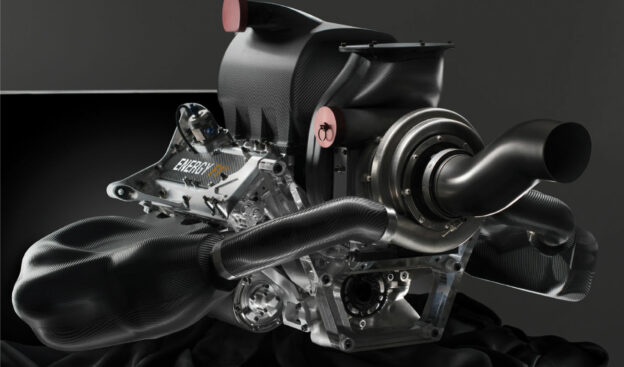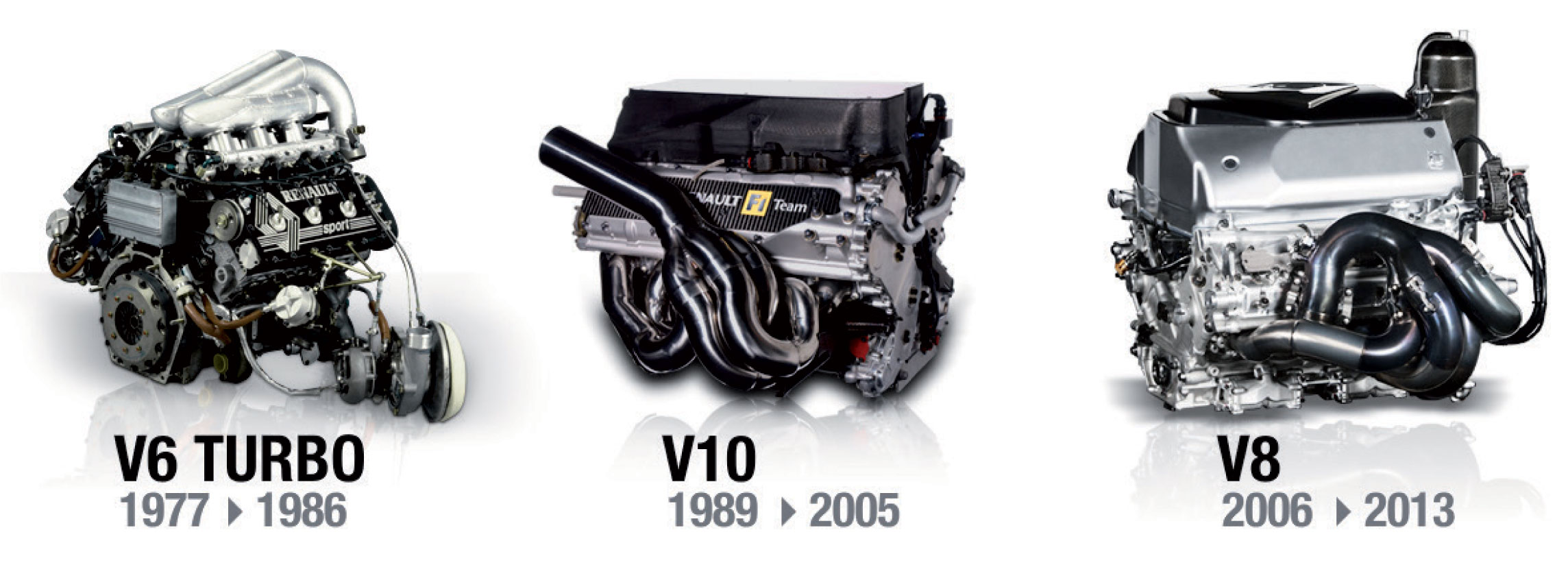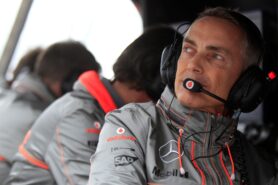2014 F1 season turbo engine consequenses

When the first wheel of the 2014 Formula One season turns the sport will be plunged into the unknown. The sport will undertake the biggest changes to the rules since 2009 and in that season we saw a dramatic shake up of the grid and next year could bring the same. However, not surprisingly, not everybody is happy about the impending changes and, more specifically, the new engines that have threatened to tear the sport apart, maybe it's not a bad idea to have a look at Express Insurance for the team bosses.
The current specification of engines are 2.4 litre V8’s, however from next year they will be downgraded to 1.6 litre turbo engines, there are other technical regulations for 2014 that would hopefully bring the spark back to Formula one and add a little unpredictability to the sport. This could prove especially vital with Vettel’s utter dominance in current season and falling ratings. This push from the FIA to make the sport more environmentally compatible also includes decreasing the fuel allowance by 35% to 100kg per race, which will vastly increase the emphasis on fuel economy.
With the smaller engines and less fuel there is a valid argument from many within the sport that it will be less of a spectacle. This is an argument strongly voiced by the Formula One circuits who believe that this could result in lower attendances which would provide a serious threat to their finances, as fan income is their only source of money.
Formula One is after all the pinnacle of motorsport and is at the forefront of all automotive competitions, but the cars will be less powerful, noticeably quieter and the drivers will be increasingly concerned with saving fuel than genuine wheel-to-wheel racing.
One criticism is that this would create tactical races played out almost entirely by strategy rather than wheel to wheel racing as each car follows a pre-set plan mapped out by computers in order to get them to the finishing line as soon as possible by managing fuel correctly. There will be stages where drivers will be in ‘fuel saving mode’ and going considerably slower due to tactical demands, thus making a mockery of the sport’s concept of actual ‘racing’. This has of course been one of the major concerns of the current campaign which has been blighted by Pirelli’s over sensitive tyres which has forced conservative driving.
Formula One is the pioneer for car technology and one of the antidotes to this potential situation is the new energy recovery system a re-brand of the current KERS system that will double the energy saved and boosting the extra power available. 161.6 break horse power for every half a minute will be saved and converted into additional power for the driver. Jean Todt, president of the FIA and keen advocate of the rule changes, wants Formula One to continue its tradition of being the leaders of the field, the pioneers, the inventors and the trend setters as it attempts to become a greener sport.
Todt is also keen for a stronger relationship to emerge between Formula One technology and road cars with energy recovery systems being increasingly used in road cars. There is also a financial gain to the new rules as the sport is expected to attract new sponsorship thanks to its greener image.
Todt’s visions are exciting but if what happens on the track doesn’t live up to its current high standards then the teams fears of falling fans interest and subsequent financial difficulty will become a reality, and with such intense pressure from the opposing Bernie Ecclestone and major teams such as Ferrari, it’s a reality that the FIA can’t afford to face.
✅ Check out more posts with related topics:















LAST 3 F1 Fan COMMENTS